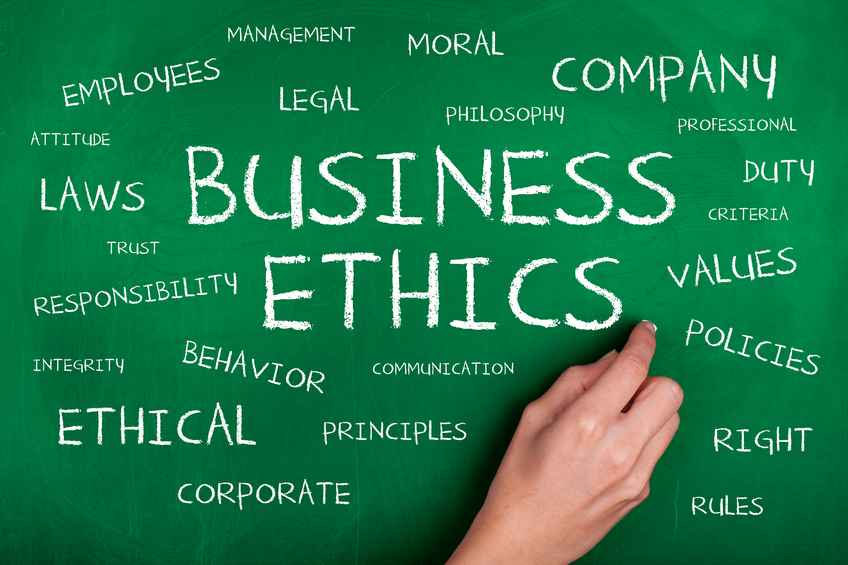Just how impenetrable is your corporate ethics culture?
 |
In the wake of the Wells Fargo scandal that’s emerged in recent months, you’re not the only leader asking that crucial question.
As you know, the banking and financial services giant in September agreed to pay $185 million in settlements after federal regulators alleged that bank employees created as many as 1.5 million unauthorized accounts, driven largely by unethical sales practices.
More than 5,000 employees were fired over the wrongdoing, and top executives apologized in full-page ads in major publications across the country. Promising to adhere to the company’s “values,” Wells Fargo also said it added ethics training and heightened monitoring to prevent such improper actions.
Among the many leadership takeaways still unfolding from this incident is ethical failure isn’t cheap. And the buck always stops with you.
Setting the Moral Code
“It is often said that a strong tone for ethics begins at the top,” says Patricia J. Harned, PhD, CEO of the Ethics & Compliance Initiative (ECI), an Arlington, VA-based research organization with 450 members.
As part of its National Business Ethics Survey, ECI recently examined what’s required for successful ethical leadership—and what leaders can do to inspire employees to do the right thing. Survey data explored the relationship between management behavior and employee conduct.
Harned says findings show that workers judge leadership on these three factors:
- The overall character of their leaders as experienced through personal interactions;
- How senior managers handle crises; and
- The policies and procedures adopted by senior leaders to manage the organization.
Employees want to know, for example, whether leaders treat all employees with dignity and respect, share credit when good things happen, and uphold standards even if it reduces revenues and profits, she notes.
They also look at day-to-day management decisions to gauge whether ethical behavior is recognized and rewarded—or whether praise, incentives, or promotions go to workers who bend the rules, ECI’s survey shows.
Ensuring 24/7 Integrity
To increase the odds that managers and employees adhere to a high moral compass, you’ve got to make sure that business objectives and corporate policies do all they can to promote ethical performance. Requiring ongoing reviews and systematic audits can help, experts say. Here are some tips to do so effectively:
Start with a detailed foundation. An ethics audit seeks to compare actual employee behavior and the guidance for employee behavior provided in policies and procedures. So, the more descriptive and specific ethics-related policies and procedures are, the easier it is to make these comparisons.
Focus on methods that work for your population. Case in point: To engage employees and raise awareness of ethical decision making, Cisco Systems created “Ethics Idol,” a cartoon parody of the reality TV show, “American Idol.” In each episode, animated contestants sang about a particular ethical dilemma or situation, which was then commented on by a panel of Idol-esque judges. After watching the show on the company’s intranet, employees were asked to vote on which of the judges had given the appropriate response to the situation. After that, the ethics officer revealed the correct answer based on Cisco’s official compliance standards.
Clarify decision rights. Organizational governance—which is different from corporate governance—is the distribution of authority, resources, and “decision rights” across an organization. Carefully designed, it synchronizes an organization and ensures natural tensions are openly managed, says Ron Carucci, managing partner at Atlanta-based organizational and leadership consulting firm Navalent, and coauthor of Rising to Power: The Journey of Exceptional Executives (Greenleaf Book Group Press). “Knowing which leaders are accountable for which decisions and resources removes the uncertainty many organizations suffer from,” he says. “When there’s confusion about decision rights, competing priorities proliferate and that sets the stage for organizational contradictions to arise.”
In tomorrow’s Advisor, three more things executives can do to head off potential ethics tensions.
